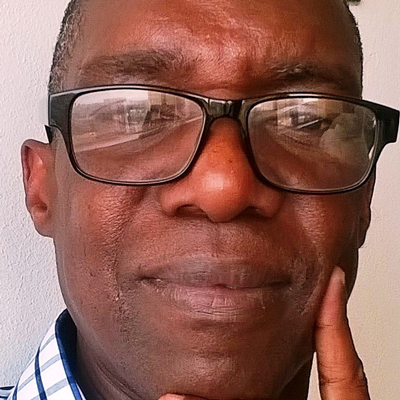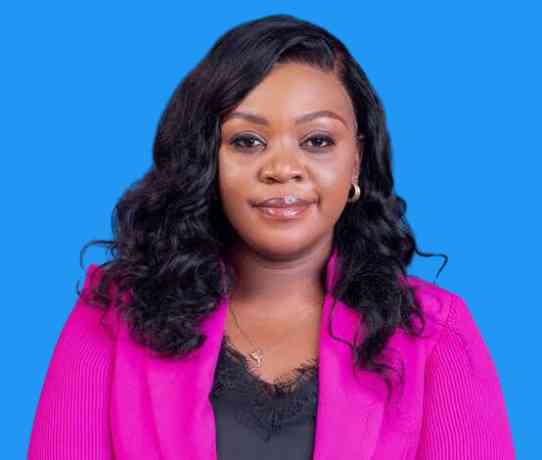
Ever wondered which world leader is most followed on Facebook, or Twitter? Should we care? Well, it would seem that the explosion of social media in the last few years and its ability to reach previously inaccessible audiences, has not escaped the attention of government leaders.
LENOX MHLANGA
According to a new study by Burson-Marsteller — a leading global public relations and communications agency — Indian Prime Minister Narendra Modi has more than 31 million fans on his personal Narendra Modi Facebook page and 10,1 million fans on his institutional PMO India page.

Modi has the most interactive fans, with more than 200 million interactions in his Facebook “community” in 2015 (the total number of post likes, comments and shares), more than five times as many as United States President Barack Obama. However, the White House’s posts, while attracting far fewer likes than Modi, are nevertheless shared more frequently.
Obama is the most popular world leader on Facebook with 46 million likes on his Barack Obama campaign page. He is closely followed by Turkish President Recep Tayyip Erdogan, Indonesian President Joko Widodo and Egyptian President Abdel Fattah el-Sisi complete the top five list of the most popular world leaders with more than five million likes each.
Based on data collected in January 2016, the World Leaders on Facebook study — the first installment of the 2016 edition of Burson-Marsteller’s annual Twiplomacy study — 169 of the 193 UN member-states maintain an official Facebook page.
“Almost 90% of all governments have an official Facebook presence and 87 heads of state, 82 heads of government and 51 foreign ministers maintain personal pages on the platform,” according to the study by Burson-Marsteller, established in 1953 and has a presence in Zimbabwe through local affiliate, Vivid Burson-Marsteller.
- Chamisa under fire over US$120K donation
- Mavhunga puts DeMbare into Chibuku quarterfinals
- Pension funds bet on Cabora Bassa oilfields
- Councils defy govt fire tender directive
Keep Reading
Kenya’s Uhuru Kenyatta is the most popular leader in sub-Saharan Africa on social media, with two million likes ahead of John Dramani Mahama, the president of Ghana and Tedros Adhanom Ghebreyesus, the foreign minister of Ethiopia, each with more than 600 000 likes.
“This first study about governments’ use of Facebook provides valuable insights about the communications practices of political leaders around the world,” said Donald A Baer, worldwide chairperson and chief executive officer, Burson-Marsteller.
“There is a great deal corporations, NGOs and other sectors can learn from the ways governments and their leaders use Facebook. By showing their human side, they are creating a closer relationship with their citizens,” Baer said.
Over the past eight years, Facebook has become the platform of choice for world leaders and governments to engage with their voters and constituents. On January 4, all of the world leaders combined had accumulated a total of 230 489 257 “likes” and had published a total of 302 456 posts.
“This study illustrates that governments are becoming savvier and more professional in the use of social media. An encouraging finding from this study is that, for governments, it seems that quality trumps quantity in terms of what they post,” said Jeremy Galbraith, chief executive officer of Burson-Marsteller Europe, Middle East & Africa and global chief strategy officer.
He also said that it was very refreshing to see that successful politicians on Facebook behave just like any other Facebook user, sharing pictures of their home life, holidays and their children.
In November 2015, the US administration set up an official institutional page for the President of the United States (Potus) which has since attracted 1,3 million likes in less than two months and is already among the 30 most popular pages of world leaders.
Argentina’s new president, Mauricio Macri, is the most engaged world leader and has become the undisputed “Facebook president” with a double digit engagement rate relative to the number of page likes of almost 12%.
The Facebook page of the presidency of the Dominican Republic is the most prolific page, with an average of more than 27 posts per day in 2015. Almost as prolific are the governments of Botswana and the Philippines, each with an average of more than 20 posts per day. By contrast, the official Potus (President of The United States) page only publishes intermittently, but gathers more than 77 000 interactions per post.
Other key findings indicate that Indian government leaders, including the president, prime minister and the Foreign minister dominate the rankings in the Asia-Pacific region. The size of the country is clearly a decisive factor for these large audiences.
Facebook has been making inroads in other Asian countries and has become the platform of choice for Asian leaders. Philippine President Noynoy Aquino, Malaysia’s Prime Minister Najib Razak, Myanmar’s new leader Aung San Suu Kyi and Cambodian Prime Minister, Hun Sen have all got sizeable audiences, with more than one million followers each.
Fattah el-Sisi leads the rankings in the Middle East and North Africa with close to six million likes, ahead of Jordan’s Queen Rania, an early adopter with 5,5 million likes, in turn well ahead of His Highness Sheikh Mohammed bin Rashid Al Maktoum, the ruler of Dubai with three million likes and Jordan’s Royal Hashemite Court with 1,6 million likes.
Mexican President Enrique Peña Nieto is the most popular leader in Latin America with 4,5m likes, ahead of the new Argentinian President, Mauricio Macri with 3,5 million and Brazil’s Dilma Rousseff with 2,6 million likes.
Turkey’s Erdogan, the British monarchy, Romanian President Klaus Iohannis, German Chancellor Angela Merkel, Russia’s Prime Minister, Dmitry Medvedev and Albania’s Edi Rama are Europe’s most popular leaders on Facebook.
The governments of only 24 countries have not yet established a presence on Facebook, including China, where the social network is banned and Switzerland, where the former president briefly set up a personal page in 2013 before deactivating it four months later.
World Leaders on Facebook is Burson-Marsteller’s latest research into how world leaders, governments and international organisations communicate via social media. The research builds on Burson-Marsteller’s highly acclaimed annual Twiplomacy study.
Initially focused solely on Twitter, the 2016 study is being expanded to other social media platforms including Facebook, Instagram, YouTube, Google+ and more niche digital diplomacy platforms such as Snapchat and Vine. An analysis of each separate platform will be released each month in the run up to the publication of the complete Twiplomacy study in May 2016.
Lenox Mhlanga is a consultant communications specialist with a global multilateral organisation. He can be contacted at lenoxmhlanga@gmail.com and on mobile: +263 772 400 656.










